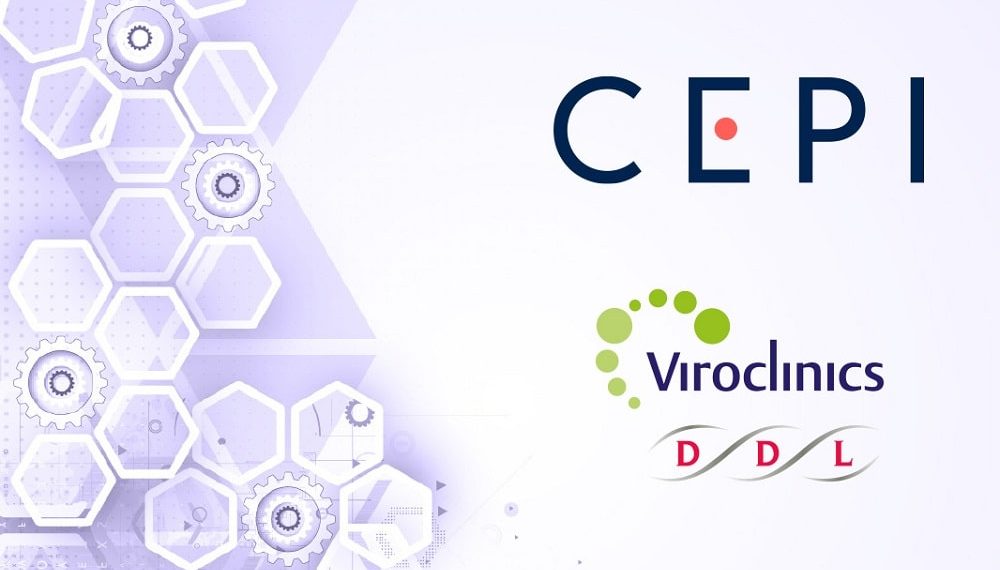The Coalition for Epidemic Preparedness Innovations (CEPI) has partnered with five clinical sample testing labs to create a centralized global network to assess and compare the immunological responses generated by COVID-19 vaccine candidates.
The labs initially selected for this vaccine-assessment network are: Nexelis (Canada) and Public Health England (PHE, UK), VisMederi Srl (Italy), Viroclinics-DDL (The Netherlands), icddr,b (formerly International Centre for Diarrhoeal Disease Research, Bangladesh), and Translational Health Sciences and Technological Institute (THSTI, India).
The network will use the same testing reagents—originating in the labs of Nexelis and PHE—and follow common protocols to measure the immunogenicity of multiple COVID-19 vaccine candidates (both CEPI-funded and non-CEPI funded developers). This approach aims to ensure uniformity in assessment and informed identification of the most promising vaccine candidates. CEPI is actively negotiating with additional labs to participate in this network.
Typically, the immunogenicity of potential candidate vaccines is assessed through individual lab analyses to determine whether biomarkers of immune response—such as antibodies and T-cell responses—are produced after clinical trial volunteers receive a dose(s) of a vaccine candidate. However, with over 320 vaccine candidates against COVID-19 currently in development, there are likely to be numerous differences in data collection and evaluation methods.
Also, with the wide range of COVID-19 vaccine approaches and technologies being used (recombinant viral vectors, live attenuated vaccines, recombinant proteins and nucleic acids), standard evaluation of the true potential of these vaccine formulations becomes very complex.
The samples from participating vaccine developers will be tested in the same group of labs using the same methods, allowing for head-to-head comparisons of immune responses induced by multiple vaccine candidates.



















